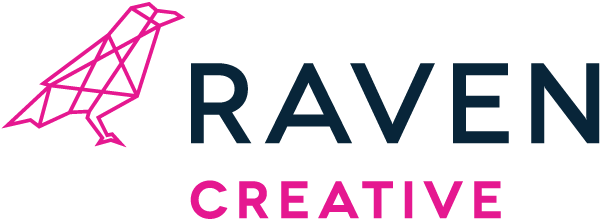Our “what-if” game is strong. Have you ever taken time to reflect on who you would be, if you knew then what you know now? We combined the top gems from the Raven Creative brain trust that we’ve gathered along the way in our corporate, agency, consultant and nonprofit professional journeys.
Here are our top 15 career-isms that we wish we would’ve known at the beginning, but learned along the way.
- Fake it ‘till you make it. Everyone (and we mean EVERYone), from the newly-minted college grad to the high-powered CEO has felt like an imposter, or like they didn’t know what they were doing at some point in their careers. If we had all the answers at day one, what would be the point?
- Serve. When we take on the attitude of service, rooted in the desire to simply help others, it becomes easier to do the hard, less-fulfilling work.
- Learn. When we commit to never stop learning, even in the tiniest situations, we allow ourselves to stay humble, open to improvement and available for awesome new opportunities.
- Try to always do both 2 and 3. You likely won’t always be the best at everything, but if you make serving and learning a priority, people will always want you on their team.
- Take ownership. Saying “that’s not my job” doesn’t serve anyone well. There is tremendous growth potential in owning your responsibilities and saying “yes” to things that come your way.
- Ask for help. Questions don’t equal ineptitude.There is a difference between asking smart questions and having an entire project or idea spoon-fed to you. When starting something new, pause, evaluate and ask the questions that will equip you to figure it out. And if you find yourself in over your head, tap someone else in before it’s too late; teams exist for a reason.
- When bringing up a problem, have a solution. Don’t be the person who simply points out all the things that are wrong like the world owes it to you to fix them. Even if it’s not the most brilliant idea in the history of mankind, if you observe a shortcoming or potential growth area, bring a possible fix to the table. It shows initiative, demonstrates your unique viewpoint and serves as a viable conversation starter to move things forward.
- Be confident. It’s okay to not have all the answers, but have confidence in the gifts and talents your unique background brings to the table. There is only one you.
- Be teachable. Humility is just as important as confidence (if not more so). You don’t know everything, and the sooner you embody that, the more wisdom you’ll soak in from the incredible different people you cross paths with in your work.
- Don’t sell anyone out. Ever. This includes yourself. We promise that you can get where you want to be without stepping on a bunch of people to get there – and you won’t finish last. Decide what you want your life to look like and lift others up along the way whenever you have the chance. You might get there faster if you don’t take this advice, but it comes at a cost.
- You can’t control other people. While this applies in all areas of life, it bears mention in the professional world. The only person you have control over is you. If you want things to be different, lead by example every day. Choose your words carefully and stand by them without fail.
- You’ll never “arrive.” You might accomplish everything you ever set out to do – but you’ll never be done. Don’t limit your potential to only what you imagined you were capable of on day one.
- Never underestimate the power of a positive attitude. Life is hard, and work life is no different. A little bit of light shines bright…even in the darkest of offices.
- Teach people to fish. It might be easier to simply do something yourself, but if you don’t take the time to equip others, you’re not only holding them back, you’re limiting your own growth potential. We get better at our craft when we share our skills with others – and think about what else you could venture into when that previous task is effectively off your plate.
- There is no perfect job. Every gig has peaks and valleys. When it gets hard (because it will at some point), don’t plan an exit strategy before you’re confident that you’ve had a good view of both.
Pssst! Like what you read? Never miss a post again – sign up for our digital newsletter to get actionable insights delivered to your inbox every week.





